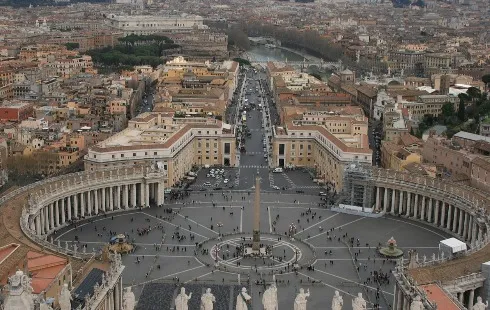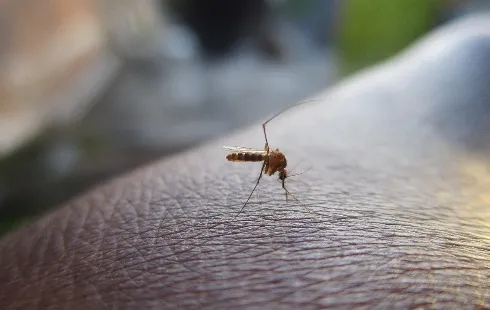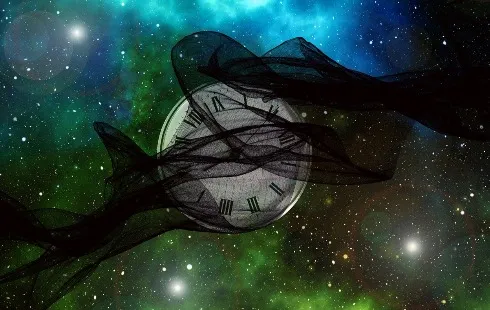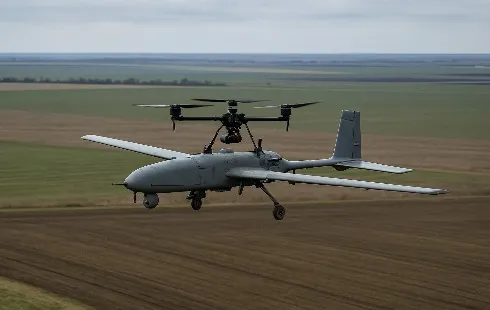
Inside the Conclave: 10 Fascinating Facts About the Secretive Process to Elect a New Pope
Section: Politics
As the conflict in Ukraine enters its third year, European nations are still receiving energy supplies from Russia, the aggressor in the ongoing war. Currently, Russian pipelines account for only five percent of Europe's gas needs, a significant drop from approximately 40 percent prior to the invasion of Ukraine. Despite this decline, Russia remains the second-largest supplier of liquefied natural gas (LNG) to Europe, following the United States. In 2024, Russian gas deliveries still constituted 19 percent of the EU's gas consumption.
Unlike crude oil, Russian natural gas has not faced direct sanctions, largely due to opposition from countries like Hungary and Slovakia. In response to the ongoing war, the European Commission is intent on reducing this dependency to near zero. On May 6, the Commission plans to unveil a comprehensive strategy aimed at exiting Russian gas and oil entirely.
This action plan was initially scheduled for release in March but was postponed to assess the implications of the ongoing trade conflict with the United States and the potential for increased LNG purchases from American suppliers. Officials are currently exploring ways to terminate long-term contracts with Russia without incurring penalties, including the utilization of 'force majeure' clauses that allow for contract withdrawal under extraordinary circumstances.
Experts within the European Commission are divided on the best approach. Some, like the Brussels-based think tank Bruegel, advocate for the implementation of import tariffs on Russian gas. They argue that such tariffs would not threaten Europe's energy supply and would compel Russian suppliers to lower their prices, consequently reducing revenue that funds Russia's military operations.
After the Russian invasion of Ukraine in February 2022, the EU set a target to completely halt imports of Russian energy sources by 2027. This decision is driven by the need to prevent European funds from supporting Putin's military efforts. Recent analyses from the Centre for Research on Energy and Clean Air (CREA) indicate that EU customers have sent nearly 22 billion euros to Russia over the past year.

Section: Politics

Section: Health

Section: Health

Section: Politics

Section: Business

Section: Science

Section: Politics

Section: News

Section: News

Section: Politics

Health Insurance in Germany is compulsory and sometimes complicated, not to mention expensive. As an expat, you are required to navigate this landscape within weeks of arriving, so check our FAQ on PKV. For our guide on resources and access to agents who can give you a competitive quote, try our PKV Cost comparison tool.

Germany is famous for its medical expertise and extensive number of hospitals and clinics. See this comprehensive directory of hospitals and clinics across the country, complete with links to their websites, addresses, contact info, and specializations/services.

Join us for an exciting evening of jazz at the EMMAUSKIRCHE on Sunday, May 25, 2025, from 19:00 to 20:30. Experience fresh sounds from the talented young jazz quintet led by Anton Sigling from Harlaching. This group features award-winning musicians from the Federal Competition 'Jugend jazzt' and...
No comments yet. Be the first to comment!